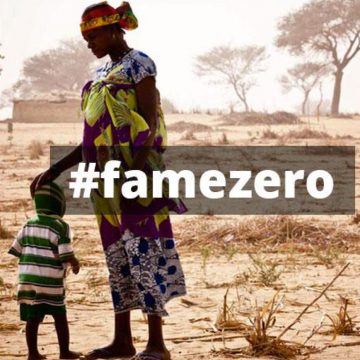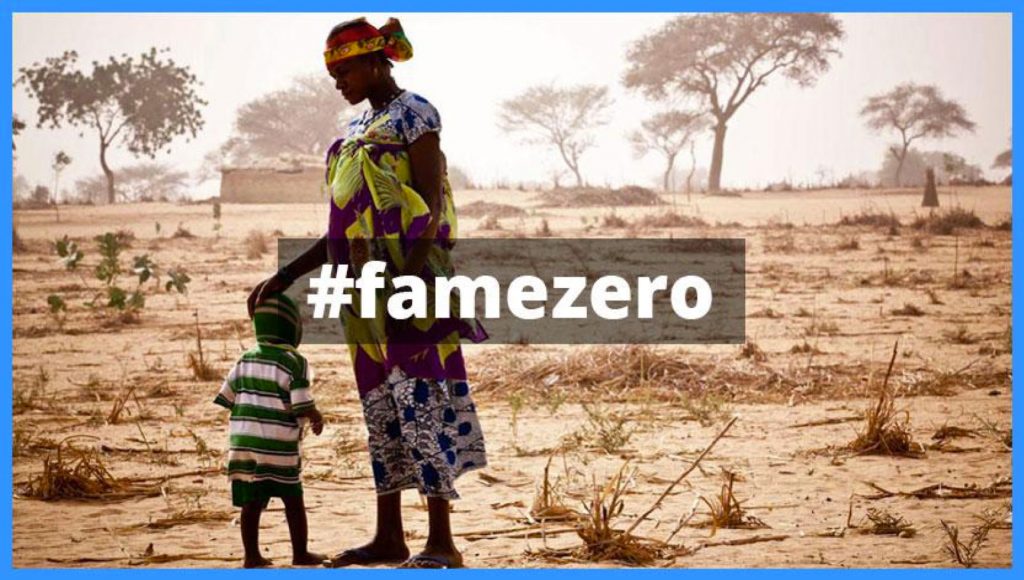

In this Notebook we propose the problem that affects 820 million people in the world: hunger. And therefore the issue of food security and sovereignty.
According to a recent FAO report the world is far from reaching most of the goals of the Sustainable Development Goals (OSS) related to hunger, to food safety and nutrition. Report that can be read in full in this site: http://www.fao.org/state-of-food-security-nutrition/en/
The report provides a sad scenario. For four years now, that is since it was signed the 2030 Agenda for Sustainable Development, regression is the norm, when it talks about ending hunger and making agriculture and natural resource management sustainable, either terrestrial or marine. Be out of the way when talking about reaching the fundamental pillars of the OSS, undoubtedly puts at risk the success of the whole 2030 Agenda and makes our overall objective less reachable: guaranteeing our planet and present and future generations a sustainable future from and economic, social and environmental point of view.
We also refer to the document; Agricultural Perspectives OECD-FAO 2018-2027, (https://doi.org/10.1787) and more specifically we report the special chapter on the Middle East and North Africa (MENA), Armadilla’s priority area of intervention. MENA is one region in which conflicts and political instability amplify the problems related to food insecurity and malnutrition. Increasingly frequent, extreme weather events will have repercussions that will accentuate the need to overcome these challenges despite the shortage of water and land resources. We need to improve the resilience and sustainability of the food systems in times of conflict, to enhance the resources they are becoming increasingly fragile and scarce.